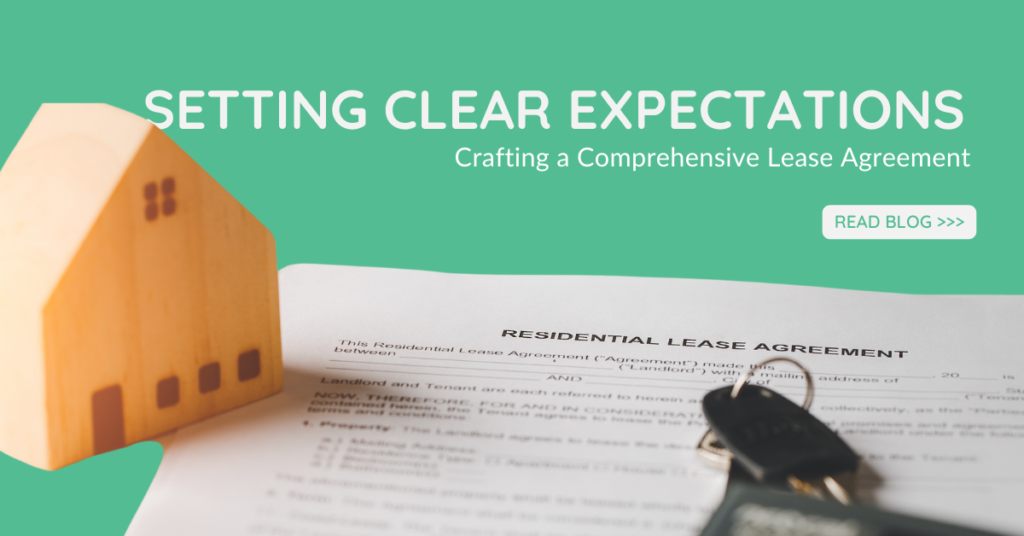The Benefits of Regular Property Inspections
Reading Time: 2 minutesRegular property inspections are essential for maintaining property value, safety, and overall well-being. By identifying and addressing potential issues early on, property owners can save money, avoid costly repairs, and ensure their property remains in top condition. Protecting Property Value Regular inspections can help property owners identify potential issues before they become…

Regular property inspections are essential for maintaining property value, safety, and overall well-being. By identifying and addressing potential issues early on, property owners can save money, avoid costly repairs, and ensure their property remains in top condition.
Table of Contents
Protecting Property Value

Regular inspections can help property owners identify potential issues before they become major problems. This allows for timely repairs and maintenance, preventing costly damage and preserving the property’s value. Additionally, well-maintained properties tend to have higher curb appeal, making them more attractive to potential buyers or tenants.
Ensuring Safety and Security
Property inspections can also help identify safety hazards, such as electrical faults, fire risks, and structural problems. Addressing these issues promptly can prevent accidents and injuries, creating a safer environment for property occupants. Moreover, well-maintained properties are less likely to attract intruders, providing added security.
Promoting Energy Efficiency
Regular inspections can help identify energy-wasting elements in a property, such as inefficient appliances, air leaks, and inadequate insulation. By addressing these issues, property owners can reduce their energy consumption and utility bills, while also contributing to a more sustainable environment.
Addressing Insurance Concerns

Property inspections can help property owners comply with insurance policy requirements and may even qualify them for discounts. By maintaining a well-maintained property, owners can reduce their risk of insurance claims and protect themselves financially.
Tips for Effective Property Inspections
- Frequency: The frequency of inspections will depend on various factors, such as the age and condition of the property. However, annual or biannual inspections are generally recommended.
- Areas to focus on: Inspections should focus on key areas, including the roof, foundation, plumbing, electrical systems, and HVAC equipment.
- Documentation and record-keeping: It’s important to document inspection findings and any repairs or maintenance performed. This can help track the property’s condition over time.
- Professional inspector: Consider hiring a qualified professional inspector to conduct thorough inspections and provide expert recommendations.
Conclusion
Regular property inspections are a valuable investment that can help property owners protect their property’s value, ensure safety, promote energy efficiency, and address insurance concerns. By taking a proactive approach to maintenance, property owners can enjoy peace of mind and avoid costly surprises in the future.
For professional property management services in Boston, consider Green Ocean Property Management. Our experienced team can help you schedule regular inspections, handle property maintenance, and ensure your property is well-maintained and profitable. Contact us today for a free consultation.
Tips for a Successful Property Turnover
Reading Time: 3 minutes Property turnovers are probably one of the most exciting aspects of owning or renting a property. To make the transition smooth and hassle-free, here’s what you should do to achieve a successful property turnover. What is a turnover? A property turnover is the time frame from when your tenant who currently lives in…
The Difference between Local and Central Fire Alarm Systems
Reading Time: 2 minutes Our tenants’ protection should always be our #1 priority. With the rising cases of fire in Massachusetts, fire alarms have been a big help. Although there are still casualties, less than 250 injuries and less than 50 casualties occurred last year. Our brave firefighters and of course, the fire alarm systems made a big…
Setting Clear Expectations: Crafting a Comprehensive Lease Agreement
Reading Time: 4 minutesFinding a great tenant is only half the battle. Once you’ve identified the perfect resident, solidifying the terms of their tenancy with a clear and comprehensive lease agreement is crucial. This document serves as the foundation for a successful landlord-tenant relationship, outlining expectations, responsibilities, and protections for both parties. A well-crafted lease agreement benefits everyone….








